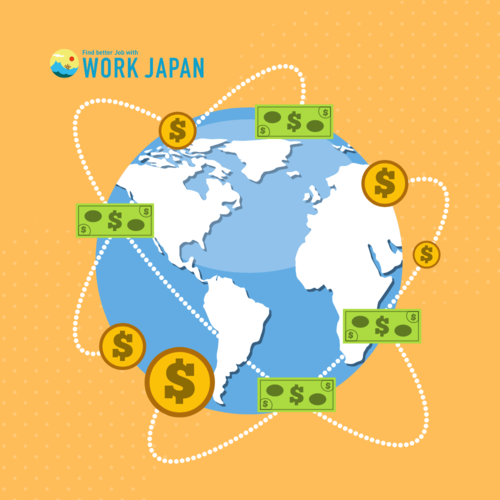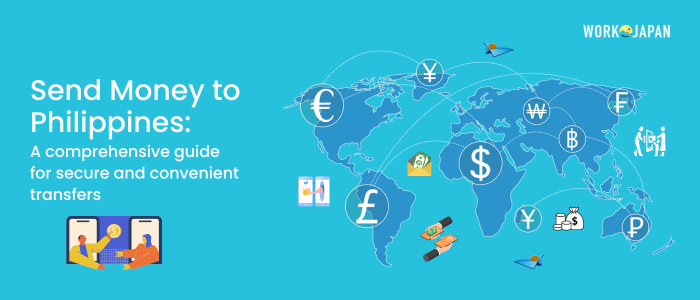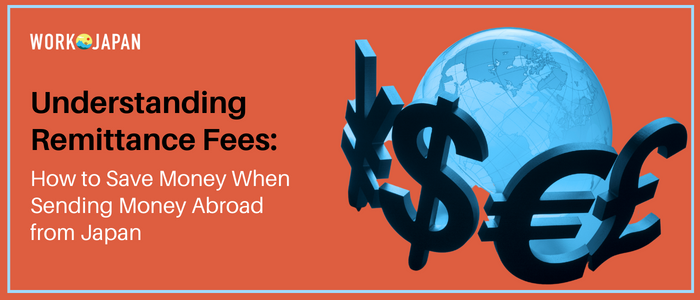Introduction
As a foreign worker in Japan, sending money back to your home country is likely an important part of your financial responsibilities. However, remittance options and considerations can vary depending on the destination country. Each country may have its own regulations, currency exchange rates, and available remittance services. Understanding the specific requirements and available options for your target country is crucial to ensure a smooth and cost-effective remittance process. In this comprehensive guide, we will explore remittance options for different countries, highlighting key factors to consider and providing valuable insights for foreign workers in Japan.
Researching Remittance Regulations:
Different countries have specific regulations regarding inbound remittances. Some countries may have restrictions on the amount of money that can be received, while others may require specific documentation or tax considerations. Research and understand the remittance regulations of your home country to ensure compliance and a smooth transfer process.
Exchange Rates and Currency Considerations:
Exchange rates play a vital role in remittance transactions. It’s important to monitor and compare exchange rates offered by different service providers to maximize the value of your remittance. Additionally, consider the currency exchange process and any associated fees when sending money to countries with different currencies.

Traditional Bank Transfers:
Traditional bank transfers are a common method for remittance. Research the availability of correspondent banks and any associated fees for international transfers to your home country. Consider factors such as transfer fees, exchange rates, transfer speed, and convenience when selecting a bank for your remittance needs.
Online Money Transfer Platforms:
Online money transfer platforms have gained popularity due to their convenience, competitive exchange rates, and low transaction fees. Research reputable online platforms that support remittances to your target country. Compare fees, exchange rates, user reviews, and the availability of recipient options (bank account, mobile wallet, etc.) to make an informed decision.
Remittance Companies and Specialized Services:
Remittance companies and specialized service providers offer tailored solutions for specific countries or regions. These providers may have a deep understanding of local regulations and offer competitive rates. Research and compare these options to identify any advantages they may offer for remitting to your home country.
Mobile Wallets and Digital Payments:
In some countries, mobile wallets and digital payment platforms have gained widespread acceptance. Research if these options are available in your home country and explore the feasibility of remitting money through these platforms. Consider factors such as ease of use, fees, and the availability of cash-out options for the recipient.
Security and Fraud Prevention:
Regardless of the remittance option chosen, it is essential to prioritize security and fraud prevention. Research the security measures implemented by service providers, such as encryption, two-factor authentication, and transaction monitoring. Choose reputable and trustworthy providers to safeguard your funds and personal information.
Monitoring and Tracking Remittances:
Once you have initiated a remittance, it is crucial to track the progress of your transaction. Utilize tracking services or notifications provided by the remittance provider to stay informed about the status of your transfer. Promptly address any issues or delays that may arise.
Conclusion:
Remitting money to different countries requires tailoring your approach to meet the specific requirements and available options.
- By researching remittance regulation
- Understanding exchange rates and currency considerations
- Exploring various remittance methods such as traditional bank transfers,
- Online platforms
- Specialized services
- Digital payment options
you can make informed decisions and optimize your remittance process. Prioritize security, track your transactions, and stay updated on any regulatory changes or new remittance services. By tailoring your approach and selecting the most suitable remittance option for your home country, you can ensure a smooth, cost-effective, and secure money transfer experience as a foreign worker in Japan.








